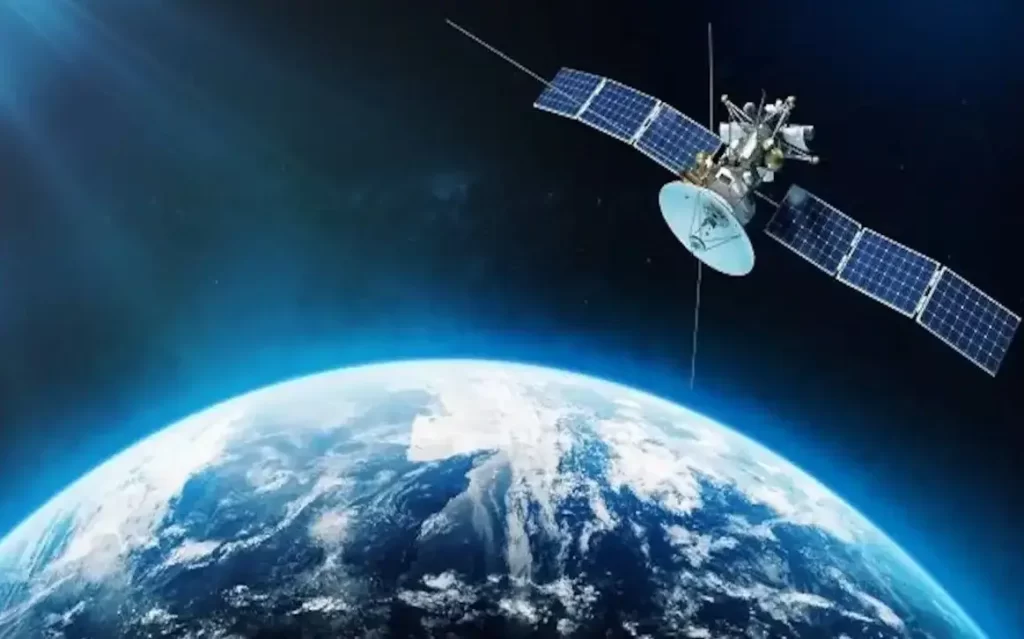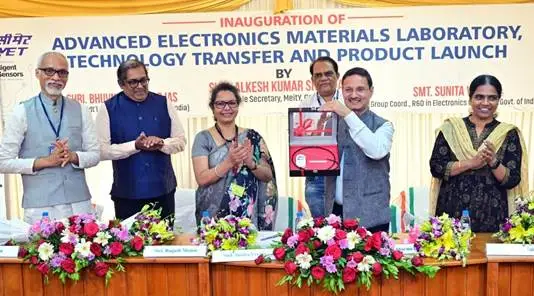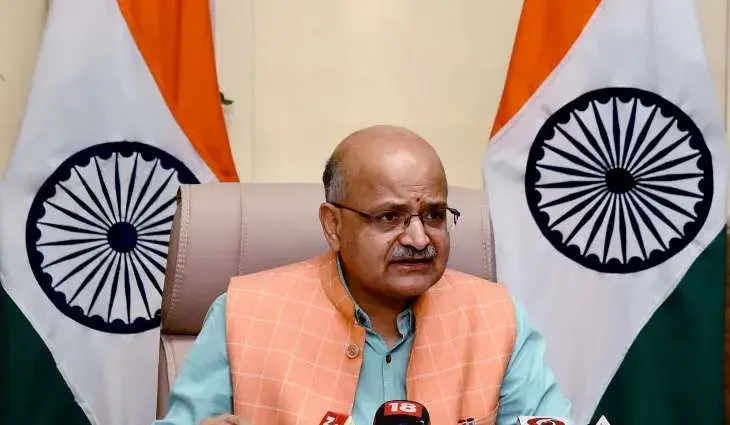Startup industry body praises NCLAT decision validating Google’s abuse of dominant position
The startup industry body ADIF stated that the NLCAT ruling upholding Google’s penalty for abusing its dominant position by bundling the Android OS and Play Store with its apps is both real and detrimental to the Indian startup ecosystem. With certain changes, the NCLAT (National Company Law Appellate Tribunal) has upheld the fair-trade regulator CCI’s orders that penalised tech giant Google with a fine of Rs. 1,337.76 crore in the Android mobile devices case. Alliance of Digital India Foundation (ADIF) said in a statement that “ADIF welcomes NCLAT order, as it cements the fact that the abusive dominance by Google due to its bundling of Android OS and Play Store with its own apps is real and regressive for Indian startup ecosystem.” According to the startup body, the requirement to pre-install Gmail, Chrome, Search, Maps, and Youtube creates entry barriers, pricing asymmetry, and limits innovation in these segments. Additionally, Google’s agreements with OEMs are anti-competitive in nature and limit market advancements in technology and science, according to ADIF. According to the startup body, “Google lagaan,” which will require app developers to pay up to a 26 percent commission starting on April 26, 2023, is another significant barrier to the growth of Indian startups because it will reduce their ability to sustain themselves by taking a third of their revenue.










